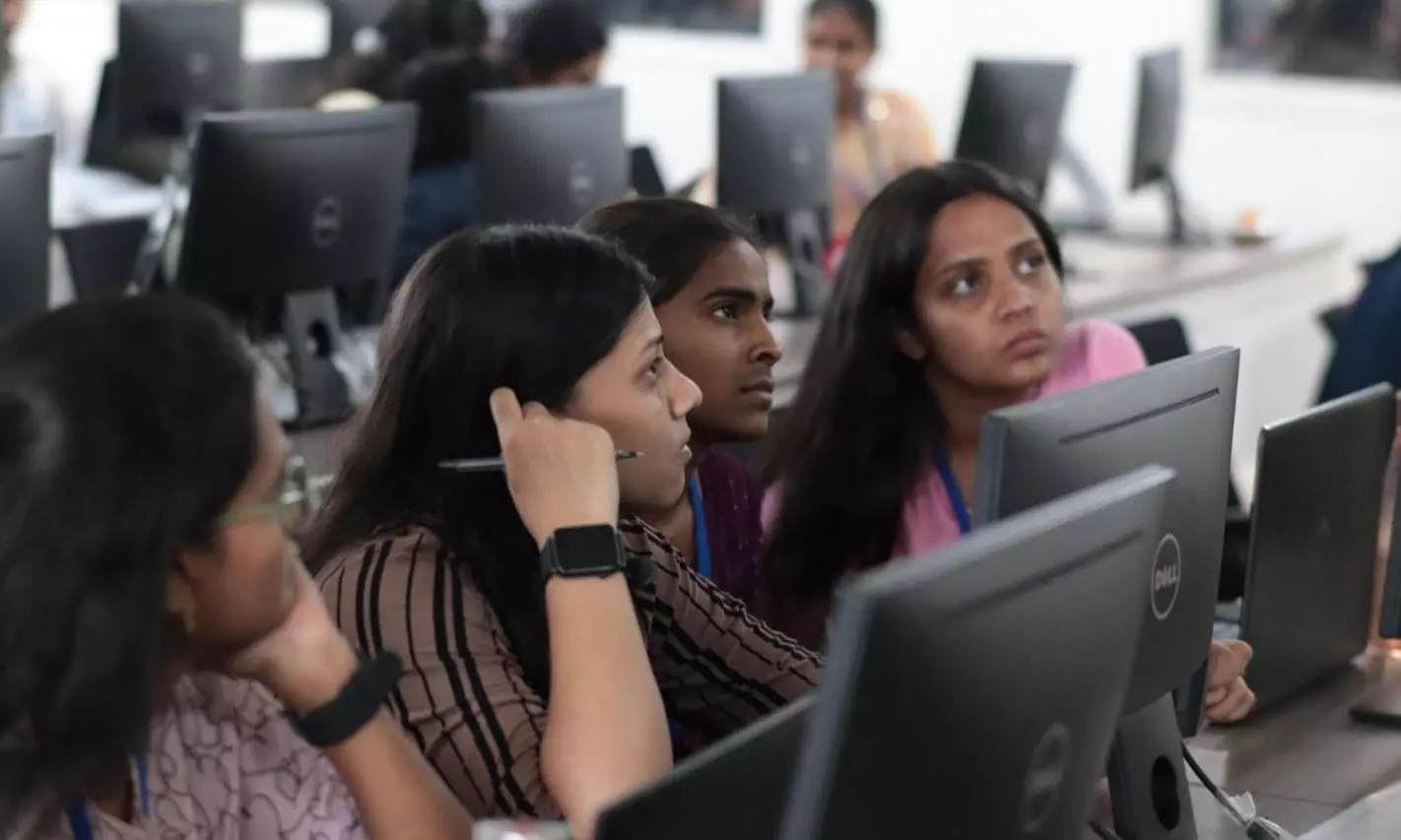Devi Kar | Let’s try listen more to each other; it’s now a forgotten art

Even though we are a democracy, many of us feel that our voices are hardly ever heard except when we join forces and make it a point to get heard by the powers that be. Otherwise, it is only the voices of the political leaders that are heard ad nauseam
Today, it seems that we have forgotten how to listen. Strangely, technology has contributed to this phenomenon. Students say that they find it difficult to focus on dry lectures. They have got too accustomed to watching colourful images on the screen along with bold captions and brief explanations. The voice of the speaker is happily ignored.
As time marches on, I feel that we should make a special effort to both listen and to be heard. This can happen only if we are interested in what the other person is saying. In school debates I have observed that speakers are only interested in their own points of view and in ridiculing their opponents with scathing witticisms. Rarely do we hear well thought through counter arguments.
In social gatherings too, one witnesses people getting into arguments (we Indians just love arguing) and each one is busy out-shouting the other. And nobody concedes simply because nobody is interested in what the other person has to say.
I feel that we don’t really listen to what small children say. We would be surprised to discover the kind of wisdom that they display at times. We teachers just wait to hear the “right” answers. Listening to children carefully is extremely enriching.
Recently, I conducted an interactive session for teachers which I named, “Your Views Matter”. Of course, I had to elicit their views on multiple topics before I could give my own points of view. I was disappointed that more teachers did not give opposing views across the floor. However, it was heartening to observe that many teachers were eager to express their individual views. Generally, everyone was listening but that was because they knew that they might be questioned on what was being said.
One interesting case study at the same session threw up an unexpected response. I placed before the teacher attendees a scenario in my school where there was a single Muslim girl in the class and on one occasion I happened to ask her if her classmates ever made her feel “different”.
I asked the teachers whether I should have posed such a question. One teacher was not at all comfortable about my question. “You should have asked the rest of the class!” she exclaimed. (In other words, why make the lone girl self-conscious?)
Incidentally, the rest of the students were upset with me; their view was that there was no need to rake up a sensitive issue when everything was going peacefully.
Well, I believe that there is something seriously wrong if you can’t talk about it and this is why we must listen extra carefully. My duty, I felt, was to listen to all.
In our country, different voices are definitely not heard and many hesitate to voice their opinions. We are weary of listening to party spokespersons around the clock as well as to those talking heads on the television screen every evening. Political leaders, especially, must have their ear to the ground to understand the pulse of the people, their trials and tribulations and, importantly, what they want.
Our Prime Minister broadcasts his “Mann ki Baat” regularly. He has even published a book titled Examination Warriors to help young examination candidates “conquer” examinations. (Sometimes I wonder why one has to “fight” exams. Well prepared students should take tests and exams in their stride -- and believe it or not, some even enjoy them!)
My question is: do we ever give young people a proper platform to express their thoughts or opinions? Why must adults only impose their views and beliefs on them?
As mentioned before, children’s wisdom can often leave you feeling inadequate!
Also, the way some of them can get out of a sticky situation, is nothing short of sheer ingenuity. I remember an incident many moons ago. My principal had sent me to Class 3 to fill in for a Bengali teacher who was absent that day. So, I asked a student to recite the poem while I illustrated it on the blackboard. Suddenly I heard some murmurs and I stopped what I was doing and asked the class what the disturbance was about. One distressed child piped up saying with a horrified expression: “Ma’am, Lalita is saying that her drawing teacher draws much better than you!” The said Lalita was unfazed, and she said: “My drawing master draws all day. He gets plenty of practice. For a history teacher you draw quite well.” Frankly, I was quite speechless at the tactful and logical way in which she deflected an awkward situation. I thanked Lalita for her compliment but the girl who had complained still looked indignant. I feel good that instead of silencing them I listened to both the students.
In the context of children, I have noticed that they often make philosophical pronouncements which are astonishing. I believe a child told his friend that he had used a word which he had just made up. And his friend’s response was: “All words were made up sometime.”
Our teachers kept telling us not to talk so much, and they didn’t tire of repeating the adage: “God gave us two ears but only one mouth for a reason. Think about it.”
Let us listen more not only to each other but also to the rhythm of life and nature and to different voices.
